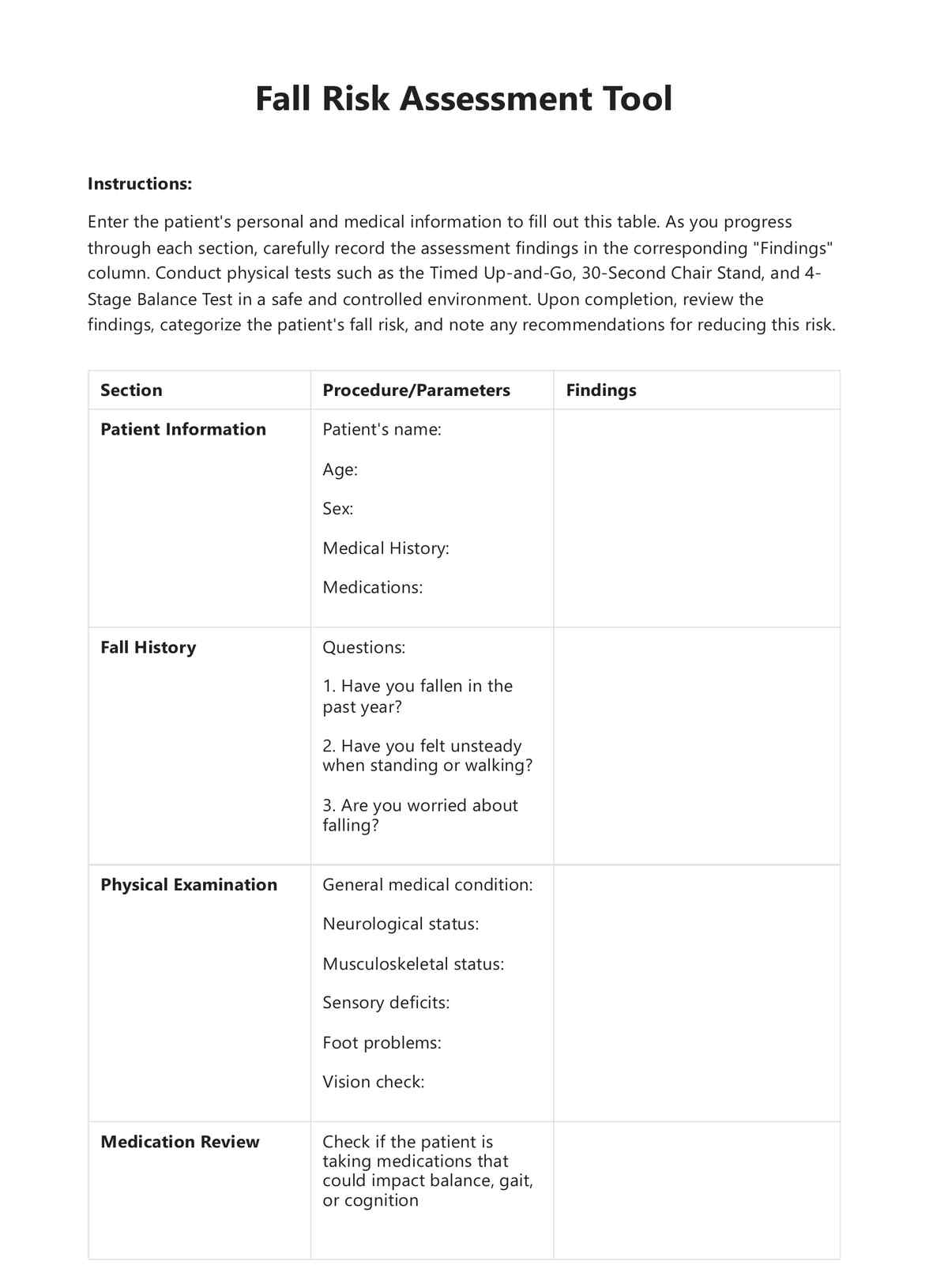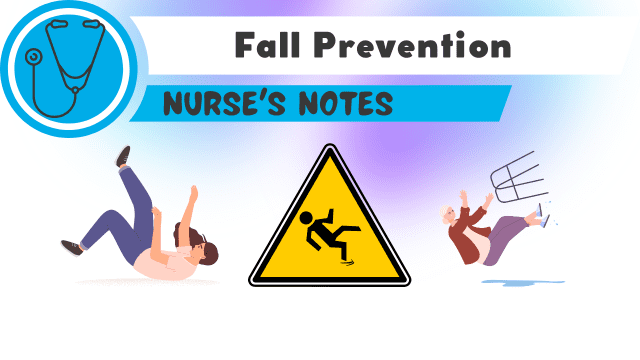Some Known Incorrect Statements About Dementia Fall Risk
Some Known Incorrect Statements About Dementia Fall Risk
Blog Article
The 7-Second Trick For Dementia Fall Risk
Table of ContentsDementia Fall Risk Things To Know Before You BuyThe Single Strategy To Use For Dementia Fall RiskThe Facts About Dementia Fall Risk UncoveredGetting The Dementia Fall Risk To WorkSome Known Factual Statements About Dementia Fall Risk
Based on indicators and signs, such as evidence of head injury or a new focal neurologic deficit, calculated tomography or MRI of the brain might be suggested. An analysis for causes of syncope should be conducted only if there is strong uncertainty, as when it comes to recurrent, unusual falls
Healthcare providers use a loss threat assessment to determine your threat aspects for falling and make valuable recommendations. An autumn risk analysis is essential since knowing which elements enhance your chances of dropping helps you: Minimize your risk of falling or harming on your own.
Optimize your capability to move and be active. Keep a healthy, independent life. All adults 65 years and older need to have a first loss risk screening. Your health care company might ask you whether you: Feeling unsteady when standing or walking. Have actually fallen in the past year. Bother with falling. If you answer yes to any one of these questions, your medical care copyright will suggest an added, much more thorough analysis.
Dementia Fall Risk for Beginners

, and goals particularly tailored to people who are at risk for drops. A is specified as an occasion that results in an individual coming to rest unintentionally on the ground or floor or various other reduced degree (THAT, 2021).
According to the Centers for Condition Control and Prevention (CDC),, triggering over 34,000 fatalities for that age team. Dropping is the second leading cause of death from unintended injuries around the world. Death from drops is a serious and native trouble among older people. It is approximated that autumn death rates in the united state

Yearly, over 800,000 clients are hospitalized due to falls. Nurses play a major function in protecting against succumbs to their clients with education, assessing loss threat, developing much safer environments, and providing treatments in preventing injuries from drops. A number of risk elements and problems add to falls, consisting of the following:. Aged 65 years and older; reduced arm or leg prosthesis; use of assistive devices such as pedestrian, crane, and wheelchair; living alone.
Patient will certainly demonstrate careful prevention steps. Person and caregivers webpage will execute approaches to enhance security and protect against drops in the home. Falls result from a number of variables, and a holistic technique to the specific and environment is essential. Suppose a person is taken into consideration at high danger for drops after the screening.
Unknown Facts About Dementia Fall Risk
A requires utilizing a verified tool that scientists have analyzed to be helpful in calling the reasons of drops in an individual. The degree of fall danger can be identified utilizing the evaluation of innate and extrinsic variables.
Individuals are more probable to fall once again if they have actually sustained one or more falls in the past 6 months. The older population is at boosted risk of fall-related readmissions based upon a study recognizing the elements predictive of repeat falls associated outcomes (Prabhakaran et al., 2020). Individuals with damaged understanding and disorientation may not recognize where they are or what to do to help themselves.
Additionally, confusion and damaged judgment enhance the individual's chance of dropping. The capability of individuals to safeguard themselves from falls is impacted by such elements as age and development. Older look here people with weak muscle mass are much more most likely to drop than those that maintain muscle toughness, versatility, and endurance. These modifications consist of reduced aesthetic function, damaged shade assumption, change in center of mass, unsteady gait, decreased muscle toughness, lowered endurance, modified depth understanding, and postponed response and response times.
The Definitive Guide for Dementia Fall Risk
Less comparison level of sensitivity was fairly associated with both enhanced prices of drops and various other injuries, while lowered aesthetic skill was only associated with raised autumn rate (Timber et al., 2011). Sensory assumption of ecological stimulations is extremely important to security. Vision and hearing impairment limitation the person's capacity to perceive threats in the surroundings.
Older grownups who have poor balance or problem strolling are more probable to drop. These troubles may be associated with absence of exercise or a neurological reason, arthritis, or various other clinical conditions and therapies. An essential threat factor highlighted in a research study is that grownups with rheumatoid joint inflammation are at high danger of falls, including swollen and tender reduced extremity joints, fatigue, and use psychotropic medications (Stanmore et al., 2013).
Report this page